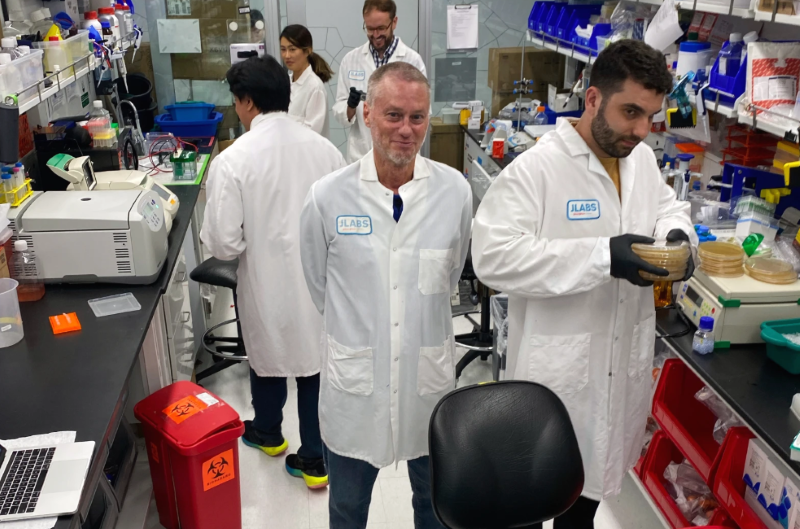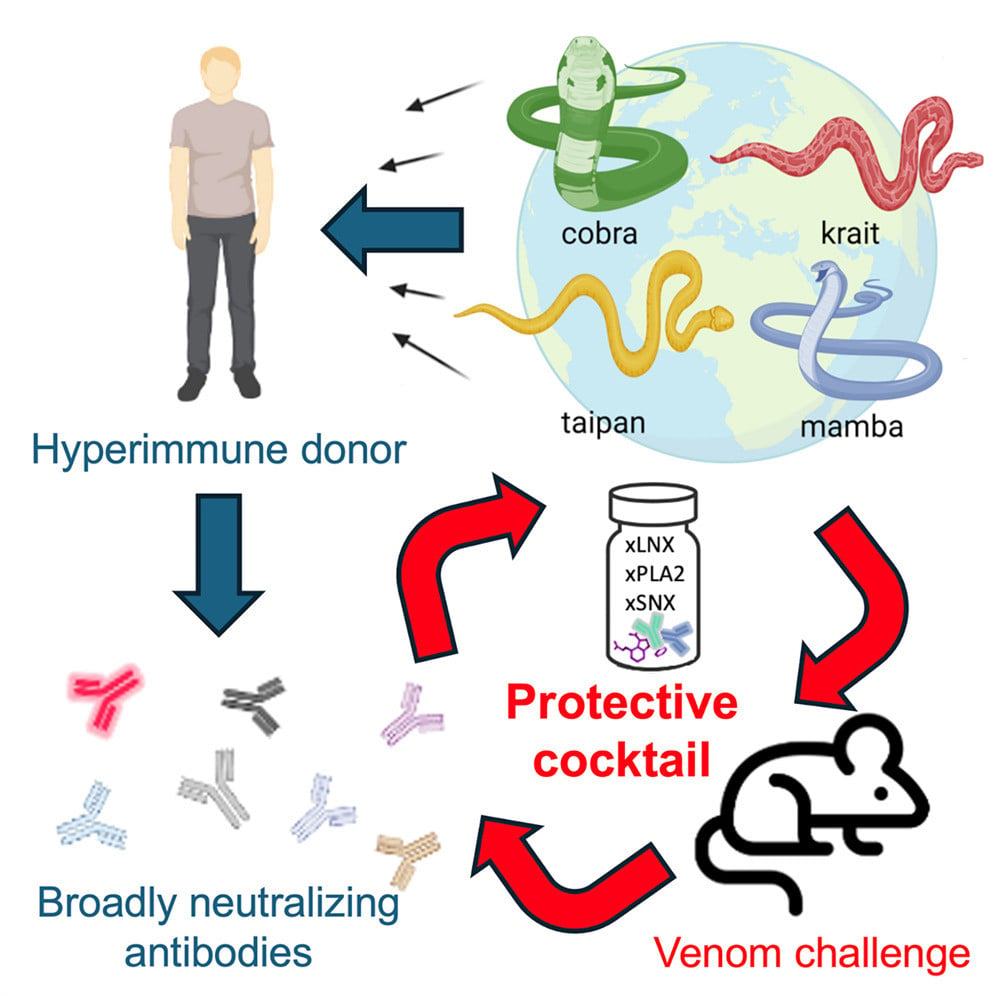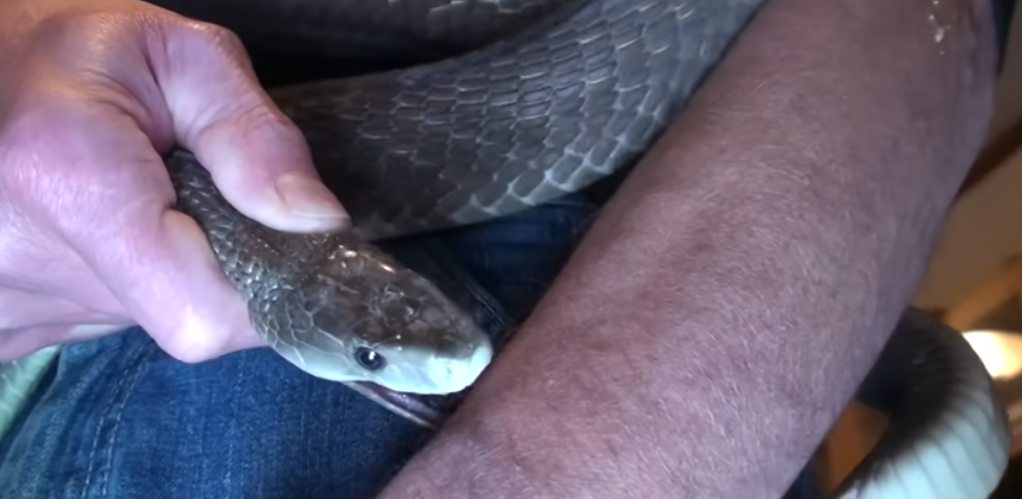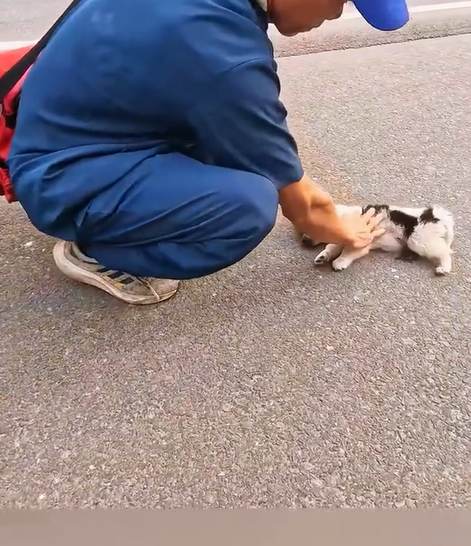Could one medicine save you from the bite of any deadly snake?!
This dream is getting closer to reality thanks to a man from Wisconsin and a team of dedicated scientists.
Their work could change how we treat snakebites, which harm millions of people every year.
How does one man’s blood contribute to advancements in snakebite treatment?
A Man’s Unusual Mission: Snakebite Treatment

Tim Friede, a former truck mechanic, has a unique hobby: letting venomous snakes bite him.
Over 18 years, he endured more than 200 snakebites and injected himself with over 700 doses of venom from snakes like cobras, mambas, and taipans.
His goal was to build immunity to snake venom, but his efforts caught the attention of researchers.
Friede’s blood contains special proteins called antibodies that can fight many types of snake venom.
Scientists saw this as a chance to create a new kind of antivenom.
Building a Universal Antivenom
Snakebites are a big problem, especially in places like Africa and Asia, where they kill up to 140,000 people each year and leave many more disabled.
Current antivenoms are made by injecting venom into animals like horses, but they only work for specific snakes and can cause side effects.
Researchers at Centivax, led by Dr. Jacob Glanville, used Friede’s blood to find antibodies that work against many snake species.

They combined two of these antibodies with a drug called varespladib to make a new antivenom.
In tests, this mix protected mice from the venom of 13 deadly snake species and partly protected against six others.
This is a big step toward a universal antivenom that could treat bites from many snakes at once.
The Road Ahead

The new antivenom is promising, but it’s not ready for humans yet. Scientists plan to test it on dogs bitten by snakes in Australia before moving to human trials.
They also want to make it work against vipers, another major group of venomous snakes. Experts like Professor Nicholas Casewell believe this research could lead to better treatments for all snakebites in the next 10 to 15 years.
Friede, now working with Centivax, is proud to help people worldwide.
“I’m really proud that I can do something in life for humanity, to make a difference for people that are 8,000 miles away, that I’m never going to meet, never going to talk to, never going to see,” he said.
His unusual journey shows how one person’s determination can make a difference.
This work is exciting, but experts warn against trying Friede’s methods at home. His experiments were dangerous, and he once spent four days in a coma after a cobra bite.
The science is still early, but it offers hope for millions at risk of snakebites. A universal antivenom could save countless lives and reduce suffering in places where snakebites are a daily threat.




